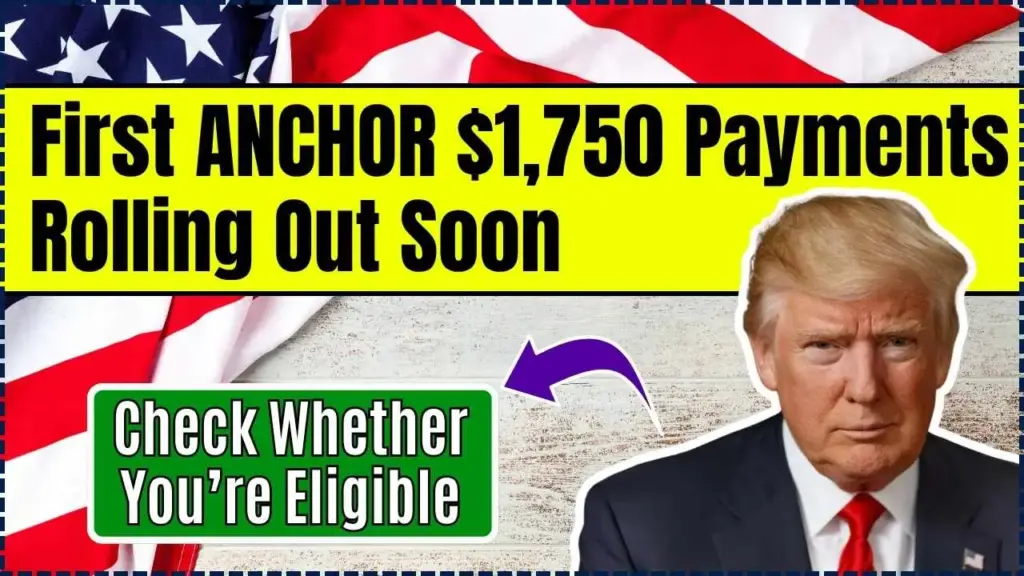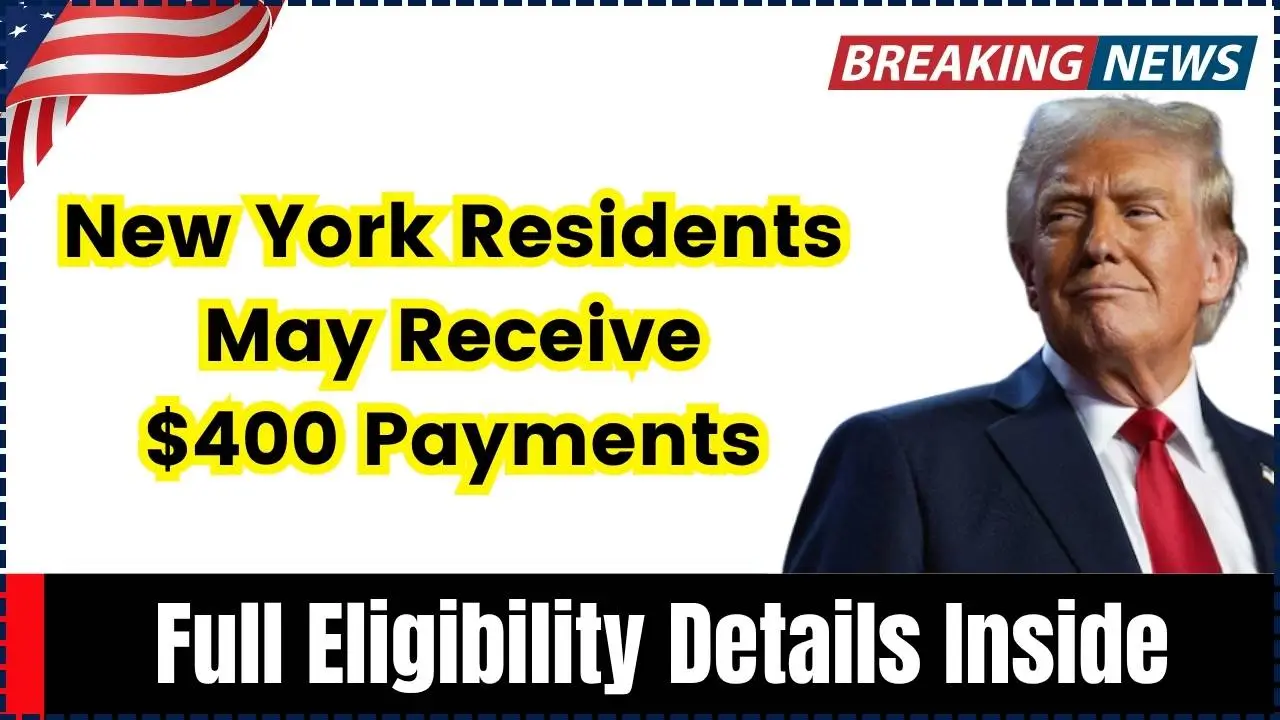New Jersey residents awaiting property-tax relief will soon begin receiving payments through the First ANCHOR $1,750 Payments program, with the first disbursements of up to $1,750 set to roll out in the coming weeks.

The initiative, administered by the state’s Division of Taxation, aims to ease the financial burden faced by homeowners and renters as property taxes and housing costs continue to rise. Eligibility depends on residency, income, and filing status.
First ANCHOR $1,750 Payments
| Key Fact | Detail / Statistic |
|---|---|
| Maximum benefit | Up to $1,750 for senior homeowners |
| Income limits | Homeowners up to $250,000; renters up to $150,000 |
| First payments | Rolling out soon, typically within 90 days of filing |
| Filing deadline | Varies by applicant type; seniors often file Form PAS-1 |
Understanding the First ANCHOR $1,750 Payments Program
The First ANCHOR $1,750 Payments program—formally known as the Affordable New Jersey Communities for Homeowners and Renters (ANCHOR) program—provides direct property-tax relief to eligible New Jersey residents.
Designed to offset the state’s high housing and tax burden, the program offers payments to both homeowners and renters, with amounts varying based on age, income, and residency status. New Jersey consistently ranks among the states with the highest property-tax rates in the country.
According to several public finance analyses, the state’s average effective property-tax rate remains well above the national average. This reality makes relief programs like First ANCHOR $1,750 Payments essential for middle-income and senior households who report mounting cost-of-living pressures.

How Much You Can Receive Under the First ANCHOR $1,750 Payments
Benefit amounts differ across several demographic categories. While homeowners generally receive the highest payments, renters also qualify under specific conditions.
Homeowner Benefits
Homeowners typically receive between $1,000 and $1,750, depending on income level and age. Seniors often qualify for the highest benefit tier, consistent with the program’s goal of supporting older adults with fixed or limited incomes.
Renter Benefits
Renters may receive between $450 and $700, depending on age and income eligibility. While this is significantly below the homeowner amount, it reflects the program’s recognition that renters indirectly pay property-tax-related expenses through rent.
The state emphasizes transparency in administering the First ANCHOR $1,750 Payments, noting that the relief serves as part of a broader effort to stabilize housing affordability (KW2) and reduce financial strain on middle-income families (KW3). Analysts say the program also complements other tax-relief initiatives aimed at long-term affordability (KW4).
Eligibility Requirements — Who Qualifies for the First ANCHOR $1,750 Payments?
Eligibility is determined based on several factors:
Residency Criteria
Applicants must have occupied their primary residence in New Jersey as of the eligibility date set by the state (usually October 1 of the prior tax year). Vacation homes, investment properties, and short-term rentals do not qualify.
Income Thresholds
The program uses New Jersey gross income from the qualifying tax year:
- Homeowners: Up to $250,000
- Renters: Up to $150,000
These thresholds intend to target relief toward middle-income and lower-income households.
Age and Special Circumstances
Applicants aged 65 or older or receiving disability benefits may need to submit additional verification, often through the PAS-1 form. These individuals may qualify for elevated benefit levels due to higher vulnerability to cost increases.
Apply for the First ANCHOR $1,750 Payments Benefit
The application process includes several steps:
Automatic Enrollment
Residents who received the benefit in prior years and whose information remained unchanged may be automatically enrolled. This reduces administrative burdens and speeds up processing.
Manual Filing
Applicants who are new to the program, have experienced changes in address or income, or are seniors or disability recipients generally must file manually using either the online portal or mailed application forms.
Identity Verification
The application typically requires verification through a secure identity system. While some years required PINs, others used multi-factor authentication. These procedures aim to reduce fraud and protect sensitive taxpayer data.
Payment Distribution — When Payments Will Arrive
Payments are issued on a rolling basis, typically beginning a set date each year. Direct deposit recipients tend to receive funds sooner, while paper checks may take longer.
Processing Timelines
Most applicants receive payment within 90 days of filing or automatic enrollment approval, though delays can occur due to:
- Incomplete applications
- Mismatched records
- Incorrect bank or mailing information
- Additional verification needs
State officials encourage residents to update their information promptly to avoid disruptions.
Expert Perspectives — What Analysts Say
Public policy experts, economists, and housing advocates say the First ANCHOR $1,750 Payments program plays an important role in addressing affordability challenges.
Rising Tax Burdens
A recent analysis from a New Jersey-based public policy institute notes that rising property taxes remain one of the state’s most persistent affordability issues. One expert remarked:
“Property-tax relief programs like First ANCHOR $1,750 Payments are not a permanent solution, but they provide immediate support to households feeling the strain of high housing costs,” said Dr. Alan Peters, a housing policy researcher at Rutgers University.
Senior Households
Seniors face heightened financial vulnerability due to fixed incomes. According to experts, targeted relief helps maintain housing stability for older residents.
Challenges and Criticisms of the Program
While broadly welcomed, the program has faced criticisms, including:
Complexity of Application Requirements
Some applicants report confusion over income thresholds, filing forms, or documentation requirements, leading to incomplete applications.
Lower Benefits for Renters
Housing advocates argue that renters may receive disproportionately less relief, despite also shouldering high housing costs.
Sustainability of Funding
Financial analysts note that long-term sustainability depends on the state budget’s fiscal health.
Related Links
Subway’s Bold Holiday Menu Drop Has Fans Freaking Out—Here’s What’s Inside the Turkey Stack
Social Security Boost Coming in 2026 — What You Must Do Now to Get Your Increase on Time
What Residents Should Do Now
Residents should:
- Review eligibility criteria on the official state website.
- Verify income from the qualifying tax year.
- Confirm their mailing and banking information.
- File before the deadline if not automatically enrolled.
- Track payment status using the state’s online portal or hotline.
State officials expect the First ANCHOR $1,750 Payments payments to continue deploying throughout the fall, with additional updates anticipated as the program evolves. While the benefit offers immediate relief, long-term affordability discussions remain ongoing across New Jersey.
Residents are encouraged to monitor official channels for further announcements and ensure all required documents are up to date.





